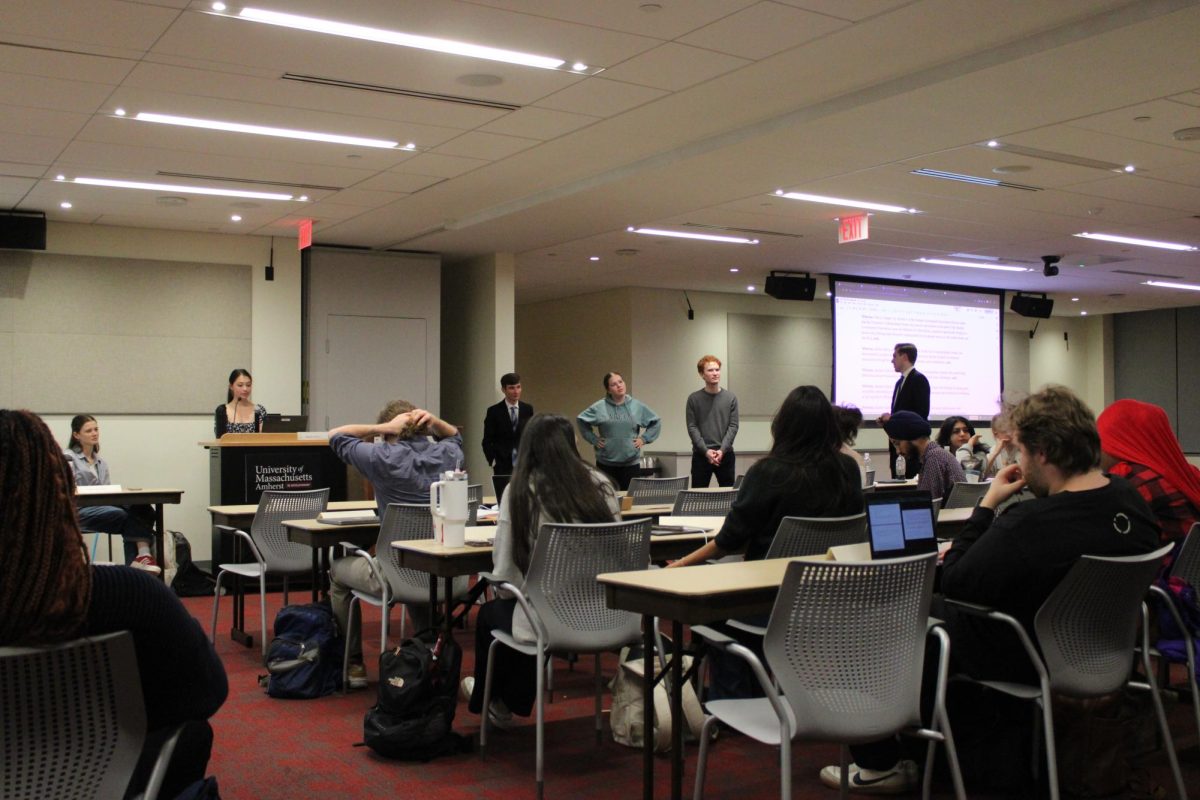Smiling is an act and expression used by humans to convey a message of happiness, pleasure or excitement. The act of smiling is produced as an involuntary response to a genuine emotion. Scientists have learned that smiling is innate and an example of this would be a blind person smiling without learning it through observation. I believe that through smiling and surrounding yourself with other smiles, you can live a more positive, pleasurable life.
A few things must be considered when connecting the act of smiling with the idea of being happy. Smiling is an expression of an emotion, namely happiness, and emotions we express on our face give the outside world – to a certain extent – a window into what’s going on emotionally inside.
Expressions provide evidence as to your inner feelings. For example, if you are feeling happy on the inside you will exhibit this with a smile, but if you are feeling sad or depressed on the inside you will let the world know through the act of frowning.
The next connecting idea is that emotions are contagious; they spread as if they were a deadly virus. For example, if you are walking down the street and someone passing you directs a smile your way, intuitively you are going to smile back. You might not be happy at the time, but because someone is exhibiting this nice gesture, you feel the need to experience it as well.
On the contrary, if you attend a funeral you are more prone to become depressed – not only because you are in the presence of a depressing ceremony, but because you are surrounded by a bunch of people who are also depressed.
If you are not quite convinced with the idea that emotions are contagious, just consider the idea of going to a comedy club. If you go to a stand-up club and see a comedian perform, I guarantee you are going to laugh ten times harder than if you were at home watching from your sofa. The reason for this is that the laughter is just as contagious as a smile or a frown.
A room full of 100 people laughing along with you will definitely increase your emotional release of laughs. The key to happiness is right below your nose. If you hang around with people that are sad most of the time, or complain or just can’t seem to squeeze a smile out, then why don’t you consider running with a crowd that is more jovial?
Now, obviously being around smiles 24/7 will not solve all of your problems, but I am positive that it will not hurt either. And for all you lazy people, you use fewer muscles to smile than to frown.
OK, so now we have this idea that I can pass my positive energy in the form of a smile and increase your positive energy by making you smile. When I think about that idea, I take notice to the powerful force I have over you. I am playing you like a puppet, just like in that terrible ‘N Sync video. I have the ability to control your emotions.
Obviously, I am not controlling someone on a significant level, but it is a start. Imagine the type of control that someone who is giving a speech has on a crowd of 10,000 people. I bet that even if they make a terrible joke, you are going to hear countless chuckles. And if they wanted to, they could tell a sad and depressing story and change your emotions from happy to sad within minutes. Those are some serious superhero-type powers right there, controlling the emotions of thousands of people through the usage of words.
I guess you can consider smiling – or any emotion – a form of persuasion. Whether you use this in a positive or negative way is up to you. But imagine someone like a president, addressing a whole nation of people, and what type of damage they could do with this act of persuasion. It’s scary to think about certain things that are out of our control.
If society, through the means of endless advertisements, is feeding us all of these messages attempting to change how we feel, how can we be sure that they are not taking advantage of us? How can we stand around taking everything in at face value, accepting what something is just because someone claims so? I guess if you did decide to be more skeptical toward things you come across, then life would become a little more complicated.
But the next time you find yourself among thousands of other people being preached to, think twice before you laugh, or become upset about the words coming out of the speaker’s mouth. Maybe the main purpose of their words is hidden and embedded behind meaningless laughs or sad stories. Don’t let the crowd around you influence your thoughts.
Emotions can be persuasive and if you are still skeptical about this whole “you smile, I smile” concept then why not experiment with it. Next time you are walking to a class or are in a room full of people, dish out a smile or two and see what type of reaction you receive. I wouldn’t be surprised if you are graced with some smiles in return.
Josh Walovitch is a UMass student. He can be reached at [email protected].






